On December 10, 1479 in Celtic History
Garret more fitzgerald of kildare, the great earl, holds a parliament in dublin
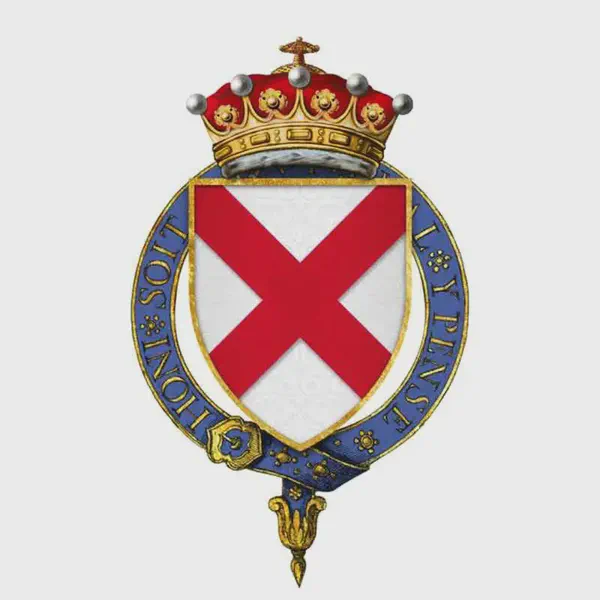
Garret More Fitzgerald of Kildare, the Great Earl, holds a parliament in Dublin from 10 December; it will run, with adjournments, into 1481
Parliament History
The first legislature to exist in Ireland was the Parliament of Ireland from 1297 to 1800, and its house of representatives was the House of Commons. However the Parliament of Ireland was abolished under the Act of Union of 1800, with MPs elected for Ireland sitting in the House of Commons of the United Kingdom until 1922.
Gerald FitzGerald
Gerald FitzGerald, 8th Earl of Kildare KG (born c. 1456 – c. 3 September 1513), known variously as “Garret the Great” (Gearóid Mór) or “The Great Earl” (An tIarla Mór), was Ireland’s premier peer. He served as Lord Deputy of Ireland from 1477 to 1494, and from 1496 onward. His power was so great that he was called “the uncrowned King of Ireland”.
Gerald FitzGerald was the son of The 7th Earl of Kildare and Jane FitzGerald, the daughter of “the Usurper”, The 6th Earl of Desmond. The Gaelicized Cambro-Norman FitzGerald dynasty had risen to become the premier Irish Gall or Old English peers in Ireland. They were descended from Gerald de Windsor and the Welsh Princess Nest ferch Rhys, the daughter of Rhys ap Tewdwr, Prince of Deheubarth.
Role in Irish Politics
Gerald FitzGerald, known as “Garret the Great,” was a key figure in Irish politics during the late medieval period. He served as the Lord Deputy of Ireland, essentially the ruler of Ireland on behalf of the English monarch.
Gerald FitzGerald inherited the title of Earl of Kildare in 1477.
He was appointed Lord Deputy in 1477, but was quickly replaced by Lord Grey of Codnor on the supposition that an Englishman could do the job better. The Lords of the Pale set up a breakaway Parliament in protest, and Edward IV was forced to re-instal Lord Kildare.
Military Leadership
Gerald was known for his military prowess and played a crucial role in defending English-controlled Ireland against various internal and external threats.
Conflicts and Alliances
He navigated the complex political landscape of his time, forming alliances with different factions when it suited his interests. His loyalty to the English crown was often pragmatic, and he successfully managed to maintain power and influence in Ireland.
Relations with the English Crown
Despite occasional tensions and suspicions, Gerald FitzGerald managed to maintain a working relationship with the English monarchs. However, his power and influence occasionally led to concerns in England about his loyalty.
The “Silken Thomas” Rebellion
Gerald’s son, Thomas FitzGerald, 10th Earl of Kildare, later known as “Silken Thomas,” rebelled against the English crown in 1534. This rebellion ultimately led to the downfall of the FitzGerald family’s influence in Irish politics.
More From This Day
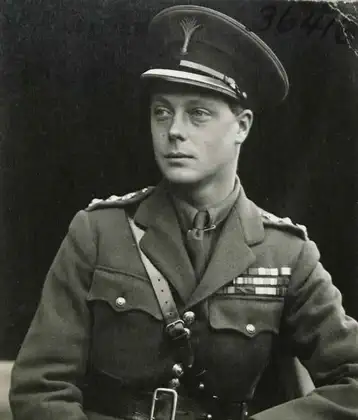
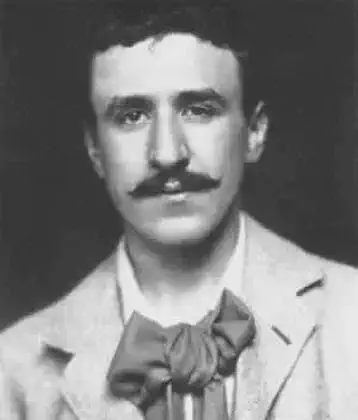

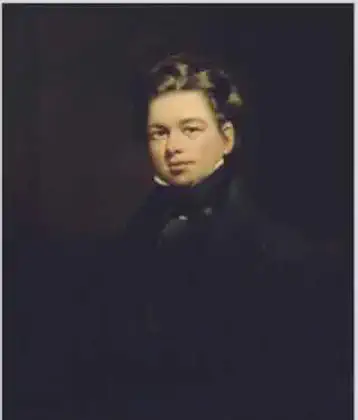
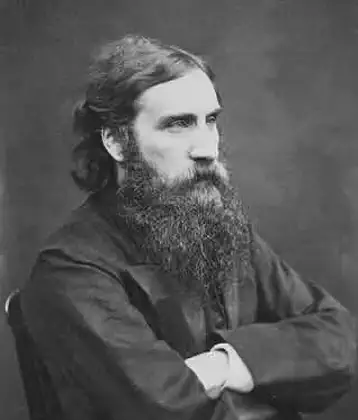
George MacDonald, Scottish novelist poet creator of childrens fairy stories born
December 10, 1824

Sir John Dillon, MP for Co. Meath, fights a duel with the Earl of Anglesey
December 10, 1690
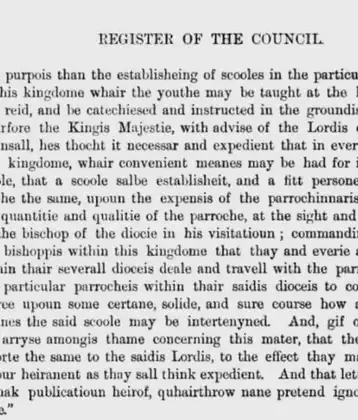
Scottish Privy Council Ordinance establishes parish schools and the abolition of Gaelic
December 10, 1616